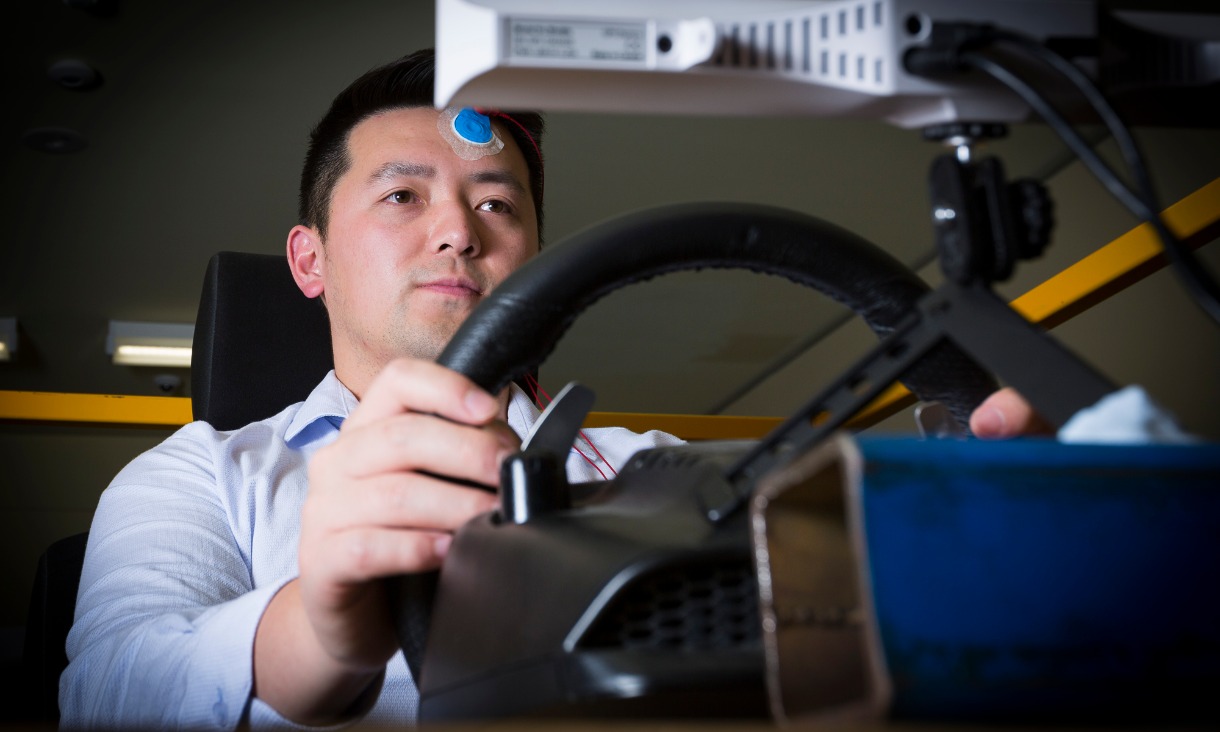This project aims to reduce driver drowsiness by developing fundamental knowledge on vibration induced drowsiness and by identifying a novel active intermittent vibration regime to maintain driver alertness.
The project expects to generate new knowledge on the physiological response of humans to vibration and to develop a new approach to counteract drowsiness. Expected outcomes of this project include a new method to predict the effects of physical vibration on driver drowsiness, and an innovative optimal regime of actively delivering intermittent vibration to counteract drowsiness. This should provide the significant benefit of reducing transportation injuries and deaths by enabling the design of safer transport vehicles.
Project timeline: 2017 - ongoing
Key contributors: Mohammad Fard and Stephen Robinson
Find out more: Snooze mobiles: how vibrations in cars make drivers sleepy


Get in touch
For more information or to discuss partnership and collaboration opportunities, email us at SDGs@rmit.edu.au.
For more information about RMIT’s sustainability commitments and activities visit www.rmit.edu.au/sustainability



